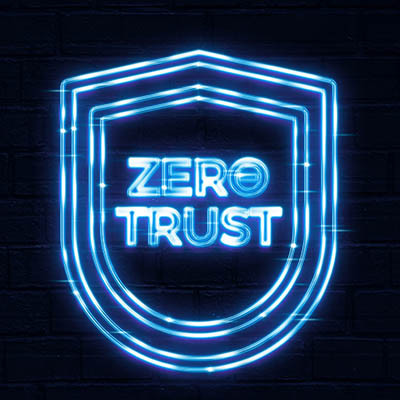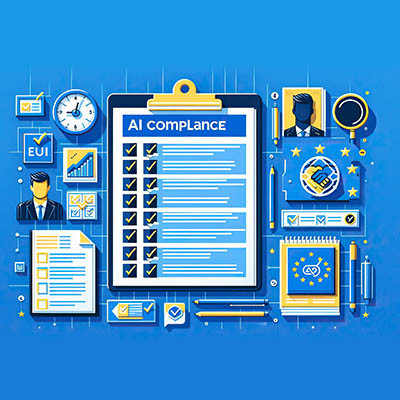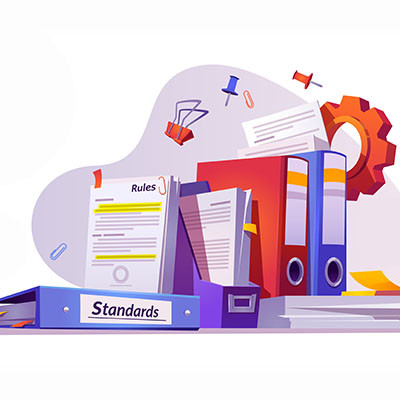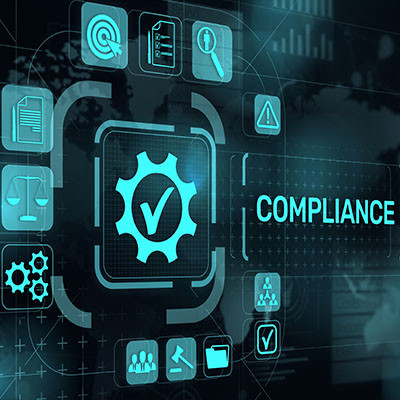Many market analysts and industry experts foresee an increase in the cost of hardware. We recommend that you take matters into your own hands to dodge the price hike and purchase your new IT now before it costs you more to do so. The implementation of any proposed tariffs could impact the market as early as February 2025, so we wanted to discuss what you should consider when purchasing new hardware today.
CIT Solutions Blog
Let me ask you something: would you trust a bank that locked its doors for the night but left all its cash in a big pile in the middle of the floor? Probably not—after all, if someone managed to get through the doors, nothing would stop them from helping themselves to the funds inside.
This is effectively how cybersecurity once worked, with the presumption that if someone had access to a network, they had permission to access any data on it. Fortunately, many businesses have made the switch to a better approach, known as zero-trust security.
One of the many tasks undertaken by the United Nations is to protect human rights around the globe while also working to create more sustainable and climate-friendly development. As such, the UN has recently taken a healthy interest in the development of artificial intelligence, hoping to develop guidelines that allow us to get the most value out of AI without creating more significant problems.
The United States Federal Trade Commission’s mandate is to prevent fraud and promote consumer protection in today's interconnected world, where the digital landscape continues to evolve at a rapid pace. The FTC recognizes the importance of safeguarding consumer information and has implemented their Safeguards Rule as a means to ensure that businesses protect sensitive data from unauthorized access and misuse. Let’s take a look at the Safeguards Rule and what you need to know about it in regard to your business.
Compliance is a critical element of many businesses’ requirements, with pretty severe penalties as a consequence if the prescribed standards are not met. Even more importantly, most compliance requirements and regulations are put in place for the welfare of not only the business, but its clientele as well. This makes it critical to know which apply to your business, and how to meet them fully.
Regardless of your industry, there are going to be certain regulatory standards that you will be responsible for upholding. Many of these standards will be related in some way to your cybersecurity. Let’s talk about some of these cybersecurity standards, and why compliance is so critical for your business.
The cloud is a great opportunity for businesses to increase accessibility of data and enhance productivity, especially while remote, but for those who do not know how to approach it, the cloud can be intimidating. Today, we are going to make the case for a private cloud solution and why you should consider it as a viable option for your business, even if it does not seem like it at the moment. You might be surprised by what you learn!
According to a survey conducted by Splunk and Enterprise Strategy Group, more business leaders intend to funnel funding into their cybersecurity—88 percent of respondents reporting a planned increase into their investments, 35 percent reporting that these boosts will be substantial. Let’s examine a few of the insights that this survey has revealed.
HIPAA—the Health Insurance Portability and Accountability Act—is a serious concern for all healthcare providers that operate within the United States, and for good reason! Since August 1996, HIPAA has mandated that these healthcare providers comply with various best practices. While HIPAA is relatively familiar to many people for assorted reasons, fewer know about HITRUST (the Health Information Trust Alliance) and how these acronyms ultimately cooperate with one another.
Nowadays, every business accepts payment cards. To protect people’s personal and financial information when conducting transactions using credit, debit, and gift cards, the companies that stand to lose the most if these transactions are compromised: Visa, Mastercard, Discover, and American Express, have implemented industry-wide compliance regulations. This regulation is called PCI DSS, short for Payment Card Index Digital Security Standard. Let’s take a brief look at this regulation.
Despite what detractors say, regulations are in place for good reason. They typically protect individuals from organizational malfeasance. Many of these regulations are actual laws passed by a governing body and cover the entire spectrum of the issue, not just the data involved. The ones that have data protection regulations written into them mostly deal with the handling and protection of sensitive information. For organizations that work in industries covered by these regulations there are very visible costs that go into compliance. Today, we look at the costs incurred by these organizations as a result of these regulations, and how to ascertain how they affect your business.














